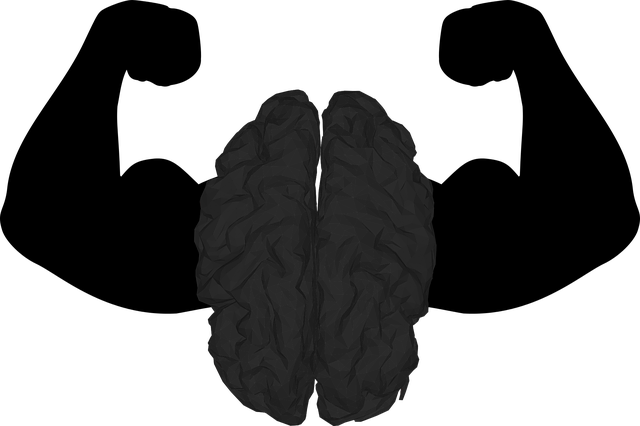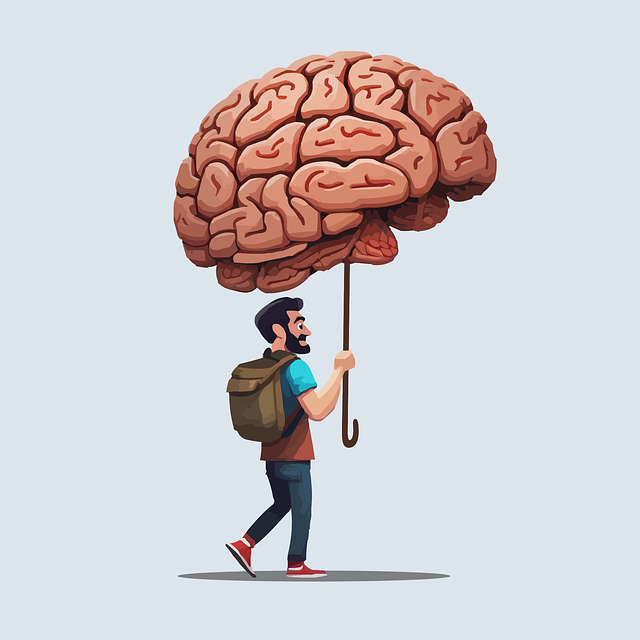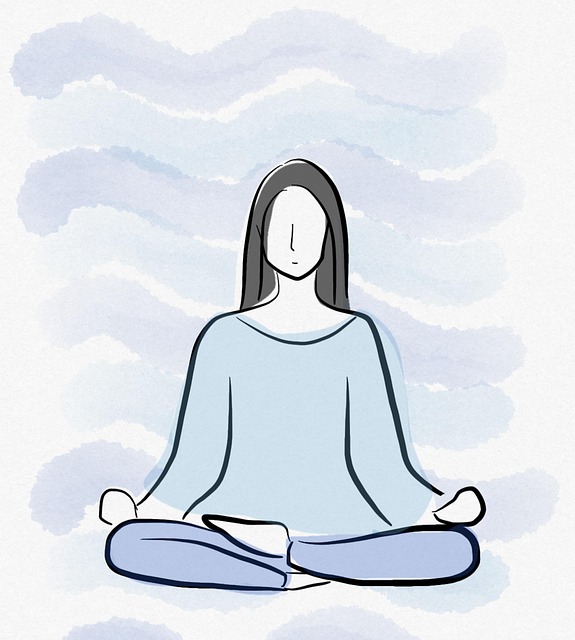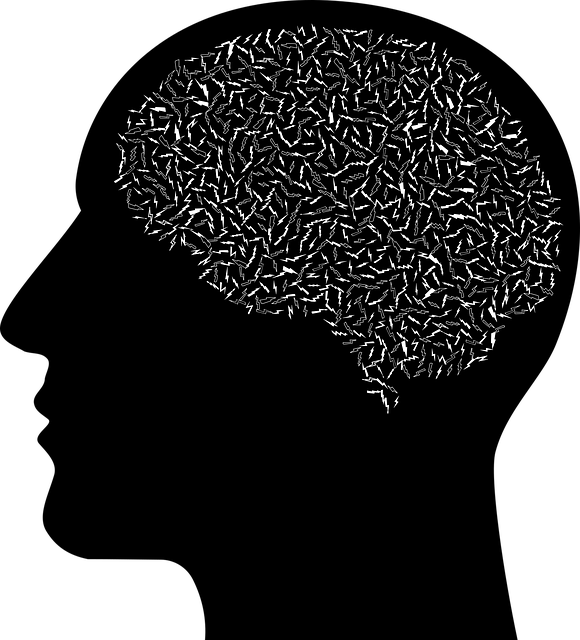Centennial Chronic Pain Therapy goes beyond symptom management by addressing the mind-body connection and prioritizing mental wellness. By integrating strategies like conflict resolution, emotional healing, and self-esteem improvement, this holistic approach empowers individuals to break free from a cycle of stress, anxiety, and depression associated with chronic pain. Through mindfulness exercises, cognitive-behavioral therapy, and mental wellness journaling, patients gain effective coping mechanisms, enhance quality of life, and achieve harmony between mind and body.
Mental wellness is a cornerstone of overall health, especially for those living with chronic pain. This article explores the intricate relationship between mental wellness and chronic pain, highlighting the significant role of Centennial Chronic Pain Therapy in promoting well-being. We delve into effective strategies for integrating mental health practices into pain management, emphasizing a holistic approach that fosters resilience. By understanding these interconnected elements, we can enhance care, improve outcomes, and empower individuals to navigate their pain journey with greater ease and optimism.
- Understanding Mental Wellness and Its Impact on Chronic Pain
- The Role of Centennial Chronic Pain Therapy in Promoting Mental Health
- Strategies for Integrating Mental Wellness Practices into Chronic Pain Management
- Fostering Resilience and Well-being: A Holistic Approach to Chronic Pain Care
Understanding Mental Wellness and Its Impact on Chronic Pain

Mental wellness is a crucial aspect of overall health and well-being, especially for individuals living with chronic pain. Understanding mental wellness involves recognizing its impact on physical symptoms, including chronic pain, which can be both complex and multifaceted. The mind-body connection is a powerful dynamic; emotional states can significantly influence the perception and experience of pain. Therefore, promoting mental wellness is not just beneficial but essential for managing conditions like Centennial Chronic Pain Therapy.
Improving self-esteem, reducing the stigma associated with mental illness, and adopting effective conflict resolution techniques are vital components of this process. By addressing these aspects, individuals can gain a sense of control over their lives, which is particularly important when dealing with chronic pain. This holistic approach to wellness empowers people to navigate the challenges of persistent pain, fostering resilience and improved quality of life.
The Role of Centennial Chronic Pain Therapy in Promoting Mental Health

Centennial Chronic Pain Therapy plays a pivotal role in promoting mental wellness by addressing the deep-rooted connection between physical and psychological health. Prolonged chronic pain often leads to increased stress, anxiety, and depression, creating a vicious cycle that impacts overall well-being. This therapy offers a holistic approach to managing pain by not only treating the symptoms but also focusing on developing coping skills. Through various techniques, individuals learn effective strategies to manage pain, reduce anxiety, and alleviate stress, thereby fostering mental resilience.
One of the key aspects is helping patients understand and accept their pain as a manageable condition rather than a debilitating force. This mindset shift empowers them to engage in activities that promote relaxation and mental clarity, such as mindfulness exercises and cognitive-behavioral therapy sessions. By integrating these coping skills into daily routines, individuals can better navigate life’s challenges, leading to improved mental health outcomes and enhanced quality of life.
Strategies for Integrating Mental Wellness Practices into Chronic Pain Management

Integrating mental wellness practices into chronic pain management is a holistic approach that recognizes the deep connection between physical and emotional well-being. At Centennial Chronic Pain Therapy, we understand that chronic pain often co-occurs with mental health issues like anxiety and depression. Therefore, our treatment plans incorporate strategies such as Conflict Resolution Techniques to manage stress and improve communication, Emotional Healing Processes to process and release traumatic memories or emotions tied to the pain, and Self-Esteem Improvement exercises to build resilience and a positive self-image.
By addressing these aspects, we help individuals develop effective coping mechanisms that go beyond medication and physical therapy. These mental wellness practices empower patients to take control of their lives, understand their pain on a deeper level, and cultivate a sense of balance and contentment. As a result, they experience improved quality of life, enhanced overall well-being, and greater resilience in the face of chronic pain challenges.
Fostering Resilience and Well-being: A Holistic Approach to Chronic Pain Care

In the realm of chronic pain care, fostering resilience and well-being goes beyond conventional treatments. Centennial Chronic Pain Therapy emphasizes a holistic approach that acknowledges the profound impact of mental wellness on physical healing. By integrating techniques such as Mental Wellness Journaling Exercise Guidance and Social Skills Training, patients are equipped with tools to navigate pain management effectively. This involves cultivating positive thinking as a means to enhance coping mechanisms and overall resilience.
The journey towards holistic recovery is not merely about alleviating symptoms but empowering individuals to embrace a more fulfilling life despite chronic pain. Through tailored exercises and supportive environments, patients can develop skills to manage stress, improve communication, and cultivate a positive mindset. Such comprehensive care ensures that both the mind and body work in harmony, revolutionizing the way we approach chronic pain therapy.
Centennial Chronic Pain Therapy offers a holistic approach to managing pain by recognizing the intimate connection between physical and mental wellness. By integrating mental health practices into chronic pain management, we can foster resilience and well-being, significantly improving patients’ quality of life. The strategies outlined in this article provide a roadmap for healthcare professionals to offer more comprehensive care, ensuring that mental wellness promotion becomes an integral part of chronic pain therapy.














